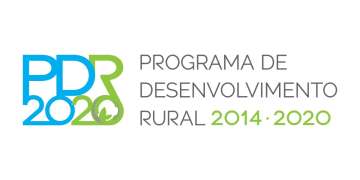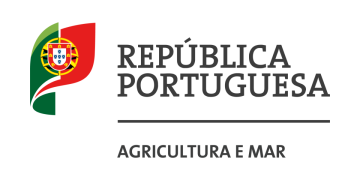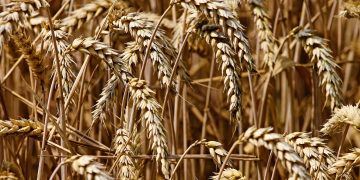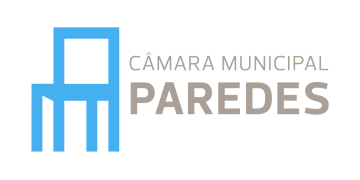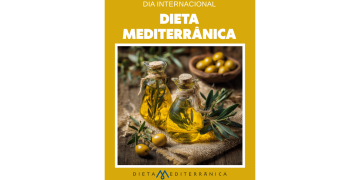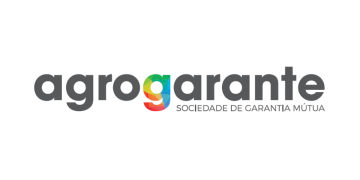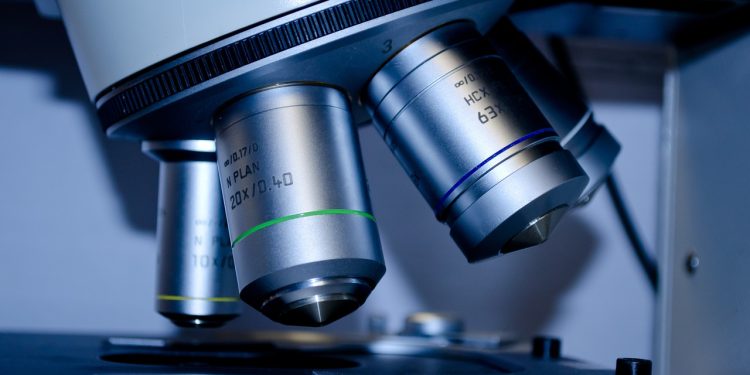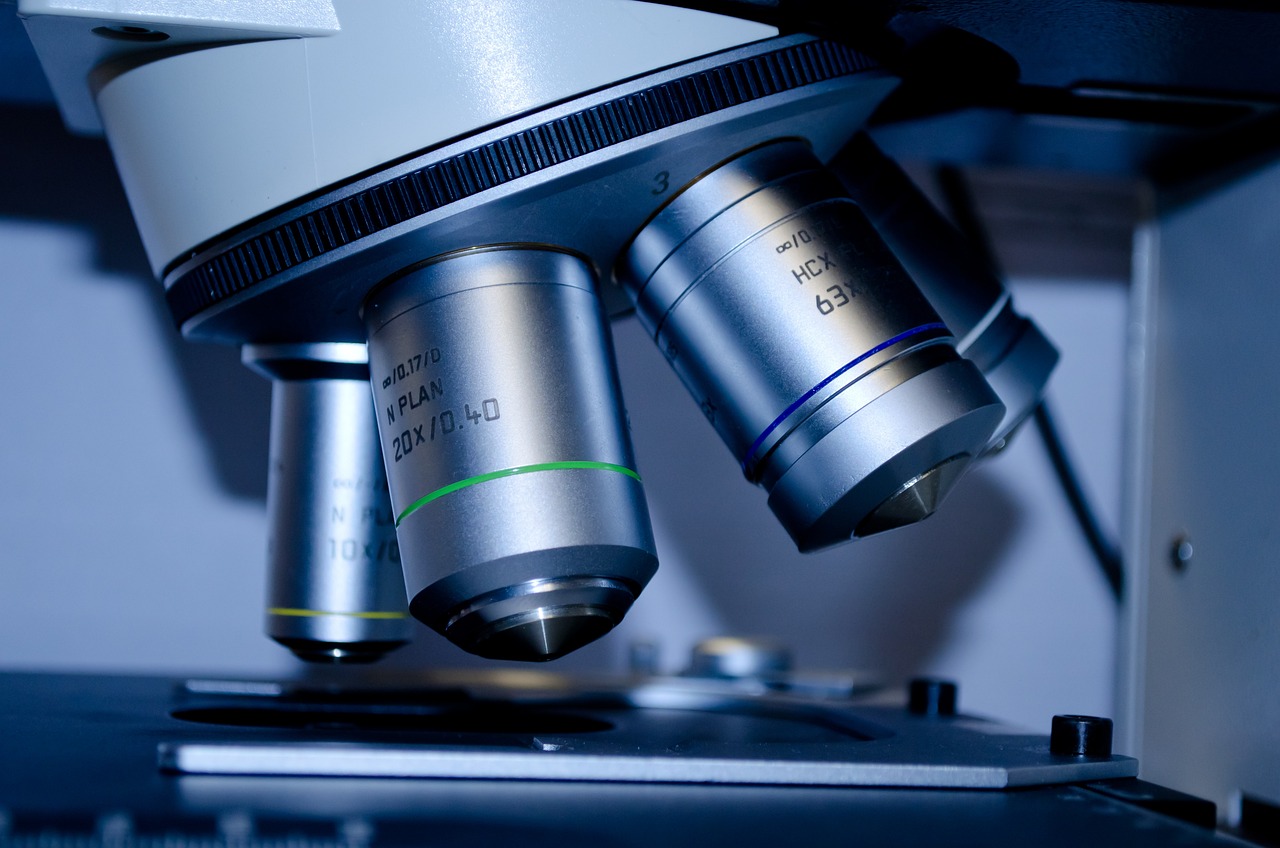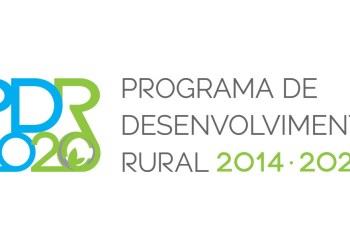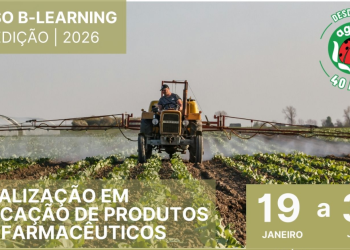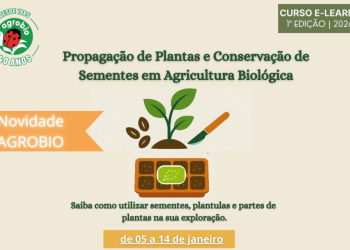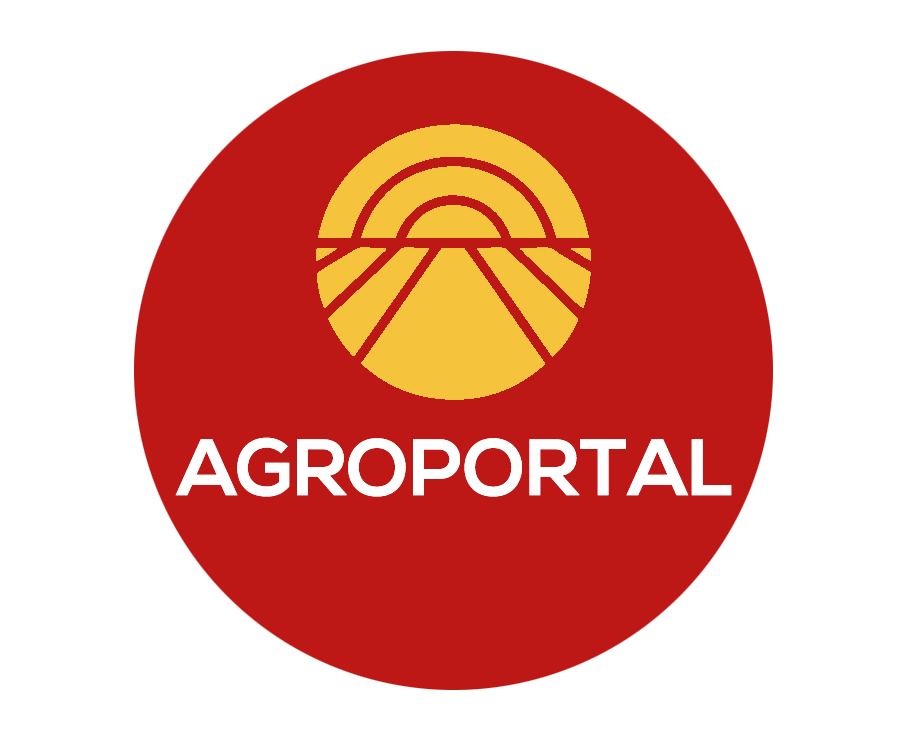Singapore’s approval of lab-grown meat for commercial sale in 2022 ushered in a new era of cellular agriculture or ‘cultivated meat’.
This is a significant breakthrough and a milestone in the way we consume and produce food.
So far, the only lab-grown meat approved for sale is that of San-Francisco based start-up Eat Just.
Cultured meat is produced by extracting animal cells from livestock, and placing them in nutrient-rich steel vessels called bioreactors where they multiply and grow into muscle tissue that looks and tastes like meat.
The resulting product, which can be in the form of chicken nuggets or chicken breasts, is biologically identical to conventional meat and is produced without raising and slaughtering animals.
So far, the only lab-grown meat approved for sale is that of San-Francisco based start-up Eat Just.
“Everyone who tries it says the same thing, it tastes delicious, just like chicken, because it is chicken.”
The company uses meat made from cultured chicken cells and its flagship product is known as GOOD Meat.
The meat was launched commercially in December 2020 after it passed a rigorous safety assessment by the Singapore Food Agency.
“Our team has found delicious ways to introduce our chicken to consumers, from fine dining establishments to hawker stalls to food delivery,” said Andrew Noyes, Eat Just’s Vice President of Global Communications & Public Affairs.
Cultured meat is seen as a more sustainable and ethical way to produce meat.
GOOD Meat is sold at the bistro at Huber’s Butchery, one of Singapore’s premier producers and suppliers of high-quality meat.
According to Noyes, there is high demand for GOOD Meat, and “the tables at the bistro are fully booked as soon as it is open for the weekly reservations.”
The dishes with GOOD Meat range from crispy strips, and curries to skewers and salads.
“Everyone who tries it says the same thing, it tastes delicious, just like chicken, because it is chicken,” said Noyes in an email.
This approval and commercialization mark a turning point for the lab-grown meat industry, which has been working for years to develop a viable alternative to conventional meat.
Cultivated meat is still a long way away from mass production or consumption.
Cultured meat is seen as a more sustainable and ethical way to produce meat, as it does not consume the same amount of land, water, and feed as conventional meat production.
At the same time, it also eliminates the need to slaughter animals, a significant ethical concern for many consumers.
GOOD Meat has tapped into these strengths in its marketing with the tagline “GOOD Meat is real meat, made without tearing down a forest or taking a life.”
While GOOD Meat is a pioneer in producing and commercializing cultivated meat, Singapore itself is at the vanguard of the alternative protein movement.
Around 30 companies in Singapore are working on producing alternative proteins, and the city-state has ambitious plans to improve its food security and cut down on food imports.
As more companies follow suit, it could lead the way for other countries to approve lab-grown meat and this would revolutionize the food industry.
Mzansi Meat of South Africa unveiled Africa’s first cultivated beef burger in April 2022.
The approval by Singapore Food Agency is also significant, as it provides a framework for regulatory bodies in other countries to follow.
Singapore’s approval of lab-grown meat and GOOD Meat’s commercialization of it is a milestone and paves the way for innovative food production technologies.
In Africa, Mzansi Meat of South Africa unveiled the continent’s first cultivated beef burger in April 2022.
“Cellular agriculture wasn’t an industry in Africa until Mzansi was born. Our burger is only the beginning, we now know it’s possible and the next step is scaling up,” Brett Thompson, Mzansi Meat’s co-founder said.
In Italy, the government supported a bill that would ban lab-produced meat, highlighting Italian food heritage protection.
The launch of Mzansi Meat’s lab-grown beef burger came days after Mogale Meat, another South African company reported that it produced the first cultivated chicken in all of the African continent.
In 2021, Mogale Meat announced that it was on track to make cultivated meat accessible to Africans as a solution to food security issues, with Africa’s population projected to double over the next three decades.
Even then, cultivated meat is still a long way away from mass production or consumption but the company has expansion plans, with the announcement that they are building the world’s largest bioreactors.
“As GOOD Meat can scale up production, we will make our chicken available to more partners in the food industry, to allow more consumers to try this innovative meat,” said Noyes.
Animal welfare groups have highlighted lab-made meat as a solution to issues including protecting the environment.
Production costs for lab-grown meat are high, and though other companies are working on producing lab-cultivated fish and pork products, the Singapore Food Agency is yet to give them approval.
Eat Just CEO Josh Tetrick was quoted as saying that “It’s too high, and it’s embarrassing … We lose money every time someone enjoys our cultivated chicken.”
It remains to be seen whether cultivated meat can be profitably produced at scale, and at a price the average consumer can afford.
In March, Reuters reported that Huber’s sells the Eat Just cultivated chicken meals for about 14 dollars and costs remain so high that Eat Just pushed out its forecast for turning a profit to the end of this decade, nine years later than previously projected.
Questions also remain over whether lab-grown meat can win enough consumers’ trust and affinity to lure them away from conventional meat.
In Italy, the government supported a bill that would ban lab-produced meat and other synthetic foods, highlighting Italian food heritage and health protection, and the farmers’ lobby praised the move.
“Laboratory products do not guarantee the protection of the Italian food and wine culture and tradition, to which part of our tradition is linked,” said Francesco Lollobrigida, Italy’s Minister for Agriculture and Food Sovereignty.
But some animal welfare groups which have highlighted lab-made meat as a solution to issues including protecting the environment from carbon emissions and food safety were not happy.
International Organization for Animal Protection (Oipa) stressed that lab-produced meat, while it came from animal cells, was an “ethical alternative” that did not harm animal welfare, environmental sustainability, or food safety.
There is also the question of whether cultivated meat will be more environmentally sustainable, given the large quantities of energy and resources it requires for production.
O artigo foi publicado originalmente em Cornell Alliance for Science.

